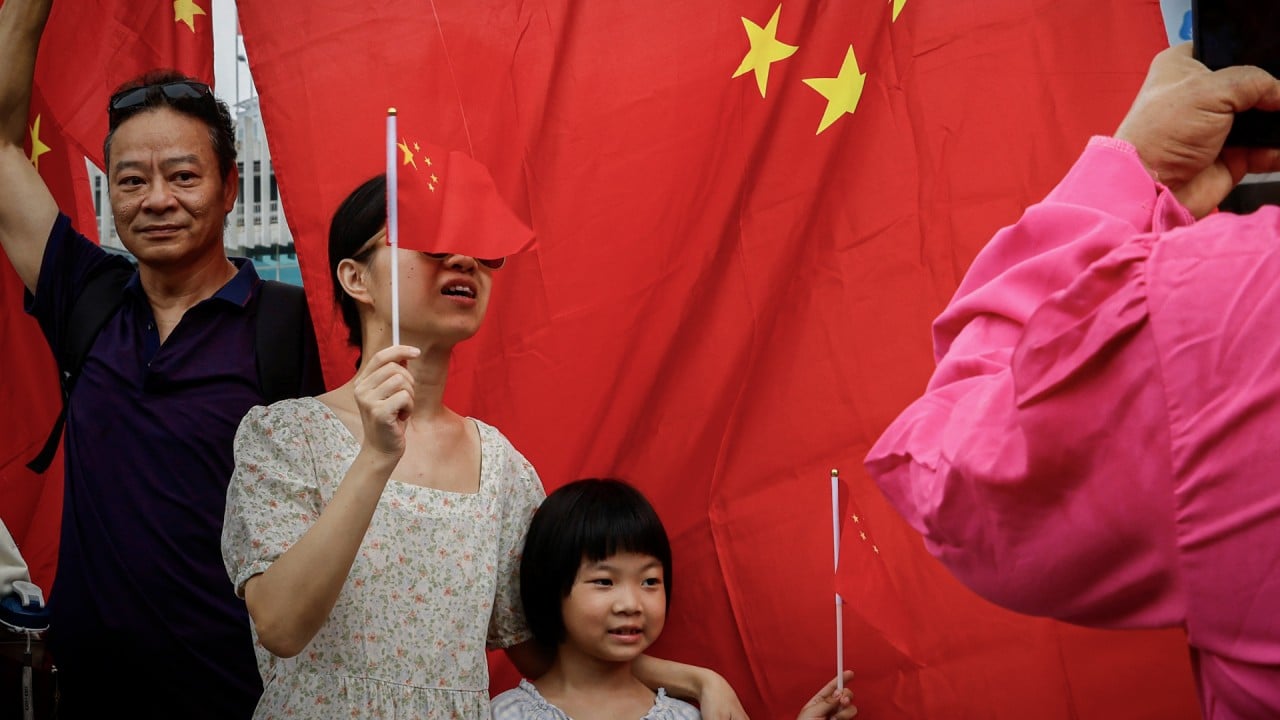
Baby cash and priority housing? Hong Kong needs a family-friendly society
- To address falling fertility, the government must go beyond a one-off ‘baby bonus’ and easier access to subsidised housing
- The goal should be to increase affordable housing for everyone, invest in a quality education system and create a family-friendly society
But a deeper exploration of the factors driving low fertility is essential, as is an effort to understand the potential impact of these measures and their effectiveness. By doing so, we can justify the need for these policy interventions and pave the way for a more informed and effective approach.
Given that Hongkongers who do want children focus more on the quality of their offspring than the quantity, and place greater value on personal freedom, it is naive to hope that a HK$20,000 cash bonus will encourage families to produce enough babies to make up the shortfall. Such incentives may merely provide temporary relief for parents.
Over the years, the scarcity and cost of housing has made it difficult for young couples to find suitable and affordable places to raise a family in. Many young people end up postponing marriage and, accordingly, children. Faced with a limited living space, they might opt to have just one child – or none at all.
To address these housing problems and encourage more babies, the government’s proposal to shorten the wait for public housing for eligible families and give them a better chance to buy subsidised flats is appropriate. But beyond that, increasing the supply of affordable housing for everyone should be the goal, as it means an improvement in the quality of life.
Allocating land for housing development requires careful planning and coordination with various stakeholders. Stricter regulations on property speculation may face resistance from vested interests within the real estate industry. Rent control measures, while beneficial for tenants, may discourage property owners from investing in the rental market, potentially leading to a shortage of rental properties.
To overcome these, the government needs to strike a balance between the interests of different stakeholders. By researching comprehensively and talking to housing experts, property developers and community representatives, viable solutions can be found.
Hong Kong’s fertility crisis shows we need to put families first
The government should also consider adopting a multipronged approach by combining housing policies with measures to improve infrastructure, transport and community services, so as to create liveable and family-friendly neighbourhoods.
Hong Kong’s fertility rate necessitates thoughtful and effective policy interventions. While financial incentives like the baby bonus may provide temporary relief, it is essential also to monitor their impact and justify their effectiveness. Understanding the factors behind low fertility rates, such as cultural shifts and challenges related to housing, work-life balance and women’s career development, is crucial.
By investing in educational resources, creating an environment that fosters growth, promoting couple equity and addressing housing problems, Hong Kong can take significant steps towards boosting its fertility rate and securing a brighter future and more sustainable development.
Hong Kong’s fertility rate could remain low even after all these efforts – the societal momentum towards having fewer children can be hard to turn. But the support given to those who want children but are financially constrained would be valued and appreciated. At the very least, we can hope that the rate of decline, if not reversed, can be slowed down.
Yiming Bai is a PhD student in the Department of Social Work and Social Administration focusing on fertility and population studies at the University of Hong Kong
Paul Yip is the chair professor (population health) and an associate dean (knowledge exchange and development) in the Faculty of Social Sciences at the University of Hong Kong

.jpeg?itok=yYITHiCx&v=1698549792)

